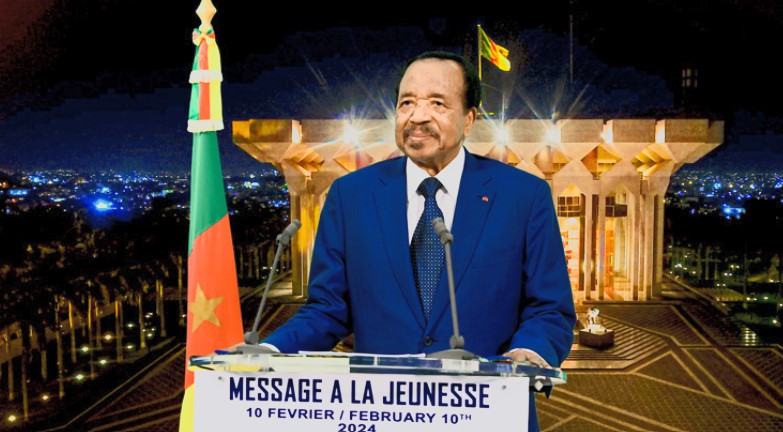The Washington Informer | Cameroonian President Paul Biya has expressed concerns about the obsession of young people in the country to emigrate, The New Times, Rwanda’s largest daily newspaper, reported on Sunday, Feb. 11.
“The growing desire of a fringe of our youths to emigrate to other climes is increasingly a cause for concern, especially when it becomes an obsession and even affects people who are well integrated into their local communities,” Biya said in a televised message geared toward the younger generation on Saturday evening.
He said Cameroon, “like many others around the world,” is facing difficulties but migrating “at all costs” was not the solution.
“You should know that while you yearn to leave, many foreigners are trying to settle in Cameroon, thereby confirming that ours is a hospitable country and a land of opportunities,” he said, adding that emigration was full of “illusions and perils.”
Last month, airport security officials in the country’s commercial hub of Douala said Cameroonian civil servants especially nurses, teachers and security forces were emigrating at an “alarming” rate.
Biya’s speech came on the occasion of National Youth Day, celebrated annually on Feb. 11 in the Central African country.
A lower-middle-income country with a population of over 27 million, Cameroon is located along the Atlantic Ocean and shares its borders with the Central African Republic, Chad, Equatorial Guinea, Gabon, and Nigeria. Cameroon is endowed with rich natural resources, including oil and gas, mineral ores, and high-value species of timber, and agricultural products, such as coffee, cotton, cocoa, maize, and cassava.
Much of the area of present-day Cameroon was ruled by powerful chiefdoms before becoming a German colony in 1884 known as Kamerun. After World War I, the territory was divided between France and the United Kingdom as League of Nations mandates. French Cameroon became independent in 1960 as the Republic of Cameroon. The following year, the southern portion of neighboring British Cameroon voted to merge with the new country to form the Federal Republic of Cameroon. In 1972, a new constitution replaced the federation with a unitary state, the United Republic of Cameroon.
Having enjoyed several decades of stability, Cameroon has, in recent years, been grappling with attacks by Boko Haram in the Far North and a secessionist insurgency in the Anglophone regions. Since September 2017, this situation has displaced more than one million internally and around 470.000 refugees have sought shelter in Cameroon.
